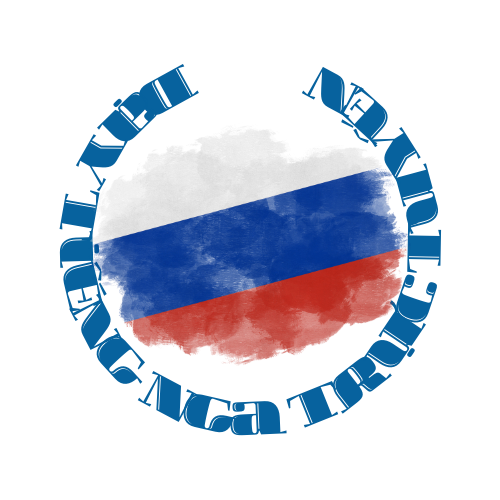Internet lawyers specialize in managing the multifaceted judicial framework of web-based services, encompassing data protection regulations, intellectual property rights, and international regulatory adherence. Their expertise bridges the gap between traditional legal principles and the unique challenges arising from the transnational character of the online world[1][4][5]. https://internetlawyers.net/
## Fundamental Functions of Digital Law Specialists
### Privacy and Data Security
Cybersecurity experts guarantee adherence with international standards like the General Data Protection Regulation and California Consumer Privacy Act, especially for businesses handling user data across multiple jurisdictions[1][5]. Contemporary examples entail guiding software-as-a-service companies on security incident procedures and international information sharing[3][14].
### Intellectual Property Management
Essential tasks encompass settling website address conflicts, combating counterfeit goods on online marketplaces, and tackling copyright infringement in community-posted material[5][10][16]. As an illustration, law firms like Panakos Law frequently initiate cybersquatters under the Anti-Cybersquatting Consumer Protection Act[7][12].
### Regulatory Compliance and Risk Mitigation
Legal professionals create user agreements, privacy policies, and artificial intelligence compliance structures to limit accountability[3][8]. As nearly all British practices adopting AI tools, internet lawyers now audit algorithms for fairness assurance and ethical deployment[6][8].
## Technological Integration in Modern Practice
### AI-Powered Legal Tools
Platforms like Casetext leverage NLP algorithms to review legal documents 80% faster than manual methods, detecting clause discrepancies and possible risks[3][8]. Predictive analytics systems evaluate historical rulings to predict litigation outcomes with 85% accuracy[6][11].
### Distributed Ledger Solutions
Emerging applications feature automated contracts for online IP protection and NFT authenticity verification[8][11]. Firms like Marshall, Gerstein & Borun pioneer digital ownership disputes, setting precedents for virtual currency laws[9][14].
## International Legal Complexities
### Clashing Legal Standards
Companies operating in multiple nations encounter contradictory mandates, such as European data erasure laws versus US free speech protections[1][10]. Current judgments in New York tribunals emphasize the invalidity of territory-restricting terms in digital user agreements[4][9].
### Cross-Border Litigation Strategies
Effective approaches include forum shopping and leveraging international treaties like the Budapest Convention[16][18]. The Internet Law Group regularly files claims in domain dispute resolution forums to recover domains within 60 days[7][12].
## Ethical Considerations in Digital Law Practice
### AI Accountability Frameworks
Top practices adopt bias detection algorithms and openness guidelines to maintain public trust in AI-assisted judgments[6][8]. For example, industry analyses recommend external reviews for all predictive justice tools[6][11].
### Data Sovereignty Debates
Ongoing conflicts center on state data requests versus company confidentiality pledges. The 2025 Schrems III decision mandates American companies to localize European user data, complicating cloud storage practices[3][14].
## Prospective Developments for Digital Legal Practice
### Decentralized Autonomous Organizations
Expected laws will address algorithmic agreement responsibilities and NFT ownership rights, demanding innovative adherence approaches from blockchain-based businesses[8][11]. Firms like Adlex Solicitors currently provide token sale guidance across multiple legal regions[18][16].
### Advanced Tech Readiness
Upcoming challenges include post-quantum cryptography standards and synthetic media disputes. Pioneering attorneys work with MIT researchers to create forensic detection tools for courtroom use[8][11].
